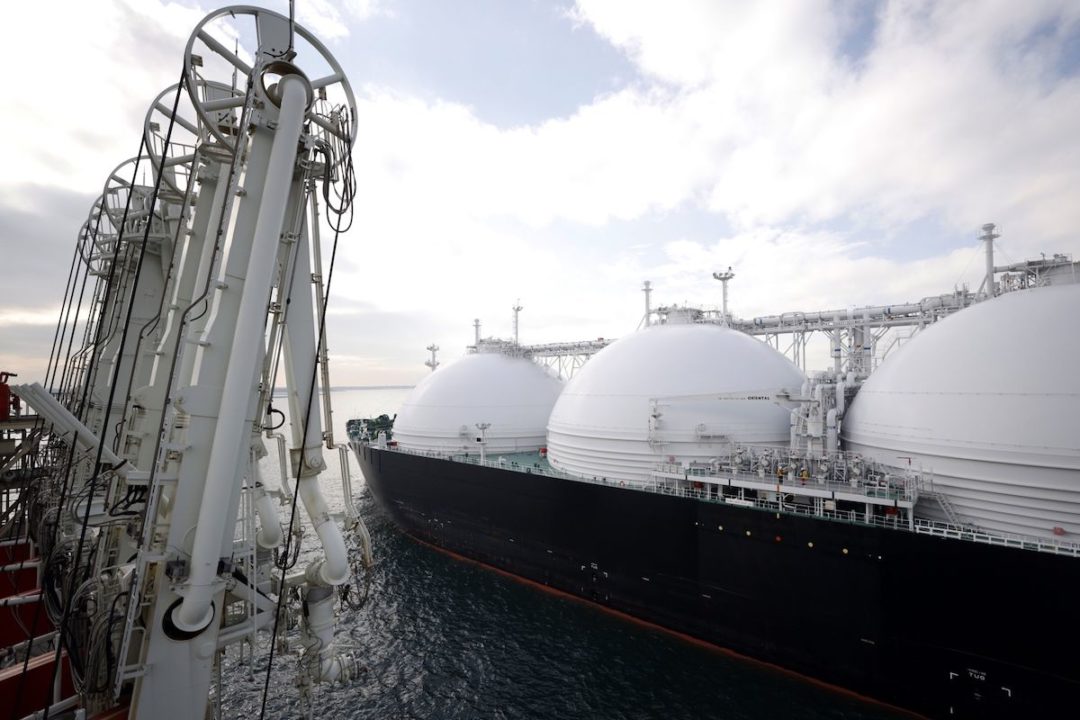
Visit Our Sponsors |
|
|
|
|
|
|
|
|
|
|
|
|
|
|
|
|
|
|
|
|
|
|
|
|
|
|
|
|
|
|
|
|
|
|
|
|
|
|
|
|
|
|
|
|
|
|
|
|
|
|
|
|
|
|
|
|
|
|
|
|
|
|
|
|
|
|

Qatar, one of the world’s biggest liquefied natural gas exporters, is delaying some shipments to Europe as the crisis in the Red Sea forces longer travel times.
The Middle Eastern country informed some European buyers of delays and rescheduled shipments, according to traders with knowledge of the matter. It’s reshuffling global supply to meet contractual obligations, diverting deliveries from elsewhere and swapping for available cargoes near Europe, the traders said.
Since January 15, Qatar has diverted at least six shipments destined for Europe around the Cape of Good Hope in southern Africa, instead of the shorter route through the Red Sea and the Suez Canal, according to ship-tracking data compiled by Bloomberg. The detours tie up vessels for longer periods than planned, curbing how many are then available for subsequent cargoes.
A QatarEnergy LNG cargo scheduled for early February at Edison’s terminal in the Adriatic Sea in Italy is now rescheduled to later that month, according to people familiar with the matter. Circumnavigating Africa adds about two weeks to the journey to Europe.
Read more: Deep Freeze Forces U.S. LNG Exporters to Cancel, Delay Cargoes
QatarEnergy said in a statement that the Red Sea developments “may impact the scheduling of some deliveries as they take alternative routes” but confirmed that production continued uninterrupted.
In a market notice, Edison confirmed a shipment for January 31 to February 5 won’t be delivered on the original date, without commenting on the origin of the fuel.
The gas market has, so far, largely shrugged off disruptions in the Red Sea, where missile and drone attacks by Yemen’s Houthi militants have forced many merchant ships to avoid the area. European gas futures are near a six-month low amid high inventories, strong renewables output, subdued industrial demand and plenty of alternative LNG supply.
Additionally, Qatar hasn’t reduced exports, even though some cargoes are taking longer to reach their destination. LNG shipments from the nation over the last two weeks are about 7% higher than the same period in 2023, according to ship-tracking data.
RELATED CONTENT
RELATED VIDEOS
Timely, incisive articles delivered directly to your inbox.






